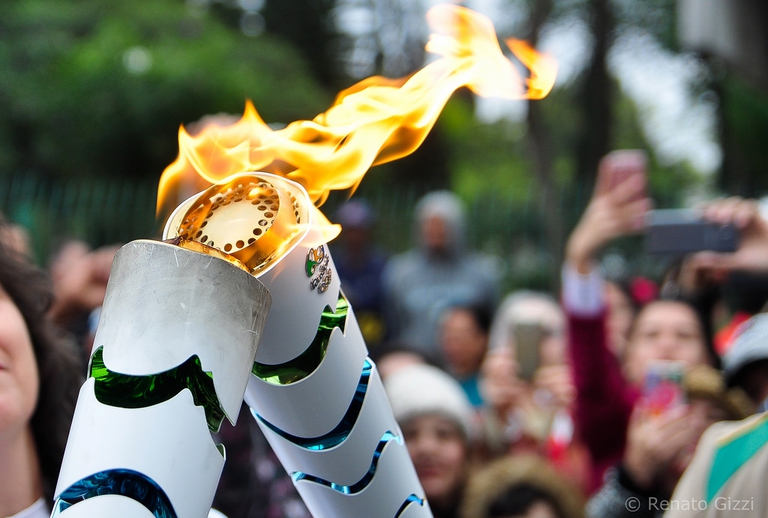
Workers in tea gardens of West Bengal, India, that produces Ctc tea for domestic consumption complain that they have been devoid of basic facilities while political parties make hollow promises during every elections which are never fulfilled.
Rio 2016 has a special place in the history of sustainability because of its social and environmental commitments – but also its controversies. In 1996 the International Olympic Committee (IOC) amended the Olympic Charter introducing this concept among its values in order to “encourage and support a responsible concern for environmental issues, to promote sustainable development in
Rio 2016 has a special place in the history of sustainability because of its social and environmental commitments – but also its controversies. In 1996 the International Olympic Committee (IOC) amended the Olympic Charter introducing this concept among its values in order to “encourage and support a responsible concern for environmental issues, to promote sustainable development in sport”. Twenty years later, the Rio Olympic and Paralympic Games have aimed to minimise social and environmental impacts by investing in a more sustainable management approach and developing a series of innovative initiatives.
Rio 2016, however, was also characterised by a number of controversies relating to indigenous land issues, police violence and environmental issues. It is to be seen whether after the Games Brazil will demonstrate that its commitment to sustainability is more than a hot topic of the moment, due to worldwide attention on the country, or an authentic objective for the future. With its energy portfolio – one of the most diversified in the world – and its potentialities, Brazil could become a pioneer of sustainable growth.
After London 2012, Rio 2016 also obtained ISO 20121 Certification, a standard to improve the sustainability of events. Starting from the 2010 Vancouver Winter Olympics, the Olympic Committee has improved the Games’ accountability and transparency through the publication of Sustainability Reports in accordance with Global Reporting Initiative Standards.
Notable among the sustainability initiatives of the Olympic and Paralympic Games of Rio 2016 are:
Despite efforts to reduce the event’s impacts, and spreading a climate change call-to-action all over the world also during the Opening ceremony, Rio 2016 faced and is facing many controversial social and environmental issues:
Most of these represent Brazil’s next challenges in order to improve its commitment to sustainability and create shared values with local communities.
The next Olympic Games will take place in Tokyo in 2020 and the attention towards sustainability issues will continue, for example in order to continue amplifying a climate change action message. The Olympic Committee published the first drafts of the Tokyo 2020 Sustainability Plan and Tokyo 2020 Sustainability Sourcing Code in January 2016, asking all stakeholders to provide comments and feedback in order to improve the Games’ commitment to sustainability.
Siamo anche su WhatsApp. Segui il canale ufficiale LifeGate per restare aggiornata, aggiornato sulle ultime notizie e sulle nostre attività.
![]()
Quest'opera è distribuita con Licenza Creative Commons Attribuzione - Non commerciale - Non opere derivate 4.0 Internazionale.
Workers in tea gardens of West Bengal, India, that produces Ctc tea for domestic consumption complain that they have been devoid of basic facilities while political parties make hollow promises during every elections which are never fulfilled.
India is in the middle of the elections, but sadly none of the politicians have uttered a word on man-animal conflict that has been devouring several lives every year.
Manipur, a state in north-east India, is still reeling under the tremors of violence that broke out last year devouring lives and paralyzing the economy.
The government of Tanzania is currently planning to evict more than 80.000 indigenous Maasai people from their ancenstral land
A new UNU-INWEH report on the global bottled water industry reveals the massive scale of this market and the lack of strict quality controls.
Isatou Ceesay founded a social enterprise that is helping to fight plastic pollution and empowering women and young people to gain economic independence.
In 2020, Mihela Hladin made a radical decision that many, in recent times, have probably considered. This is her story, with photos by Matt Audiffret.
The Brazilian government has started evicting illegal gold miners, responsible for the health emergency that has hit the Yanomami people.
Asur culture and tradition in West Bengal are on the brink of extinction due to age-old religious stigma and the apathy of the state government.









